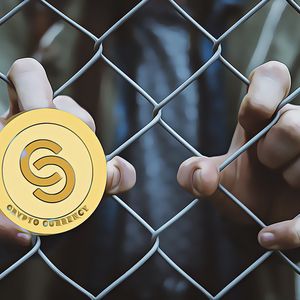CoinDesk
2025-02-27 20:41:34
How SenseiNode Is Building Proof-of-Stake Infrastructure in Latin America
La maggior parte ha letto le notizie
Leggi la dichiarazione di non responsabilità : Tutti i contenuti forniti nel nostro sito Web, i siti con collegamento ipertestuale, le applicazioni associate, i forum, i blog, gli account dei social media e altre piattaforme ("Sito") sono solo per le vostre informazioni generali, procurati da fonti di terze parti. Non rilasciamo alcuna garanzia di alcun tipo in relazione al nostro contenuto, incluso ma non limitato a accuratezza e aggiornamento. Nessuna parte del contenuto che forniamo costituisce consulenza finanziaria, consulenza legale o qualsiasi altra forma di consulenza intesa per la vostra specifica dipendenza per qualsiasi scopo. Qualsiasi uso o affidamento sui nostri contenuti è esclusivamente a proprio rischio e discrezione. Devi condurre la tua ricerca, rivedere, analizzare e verificare i nostri contenuti prima di fare affidamento su di essi. Il trading è un'attività altamente rischiosa che può portare a perdite importanti, pertanto si prega di consultare il proprio consulente finanziario prima di prendere qualsiasi decisione. Nessun contenuto sul nostro sito è pensato per essere una sollecitazione o un'offerta



















